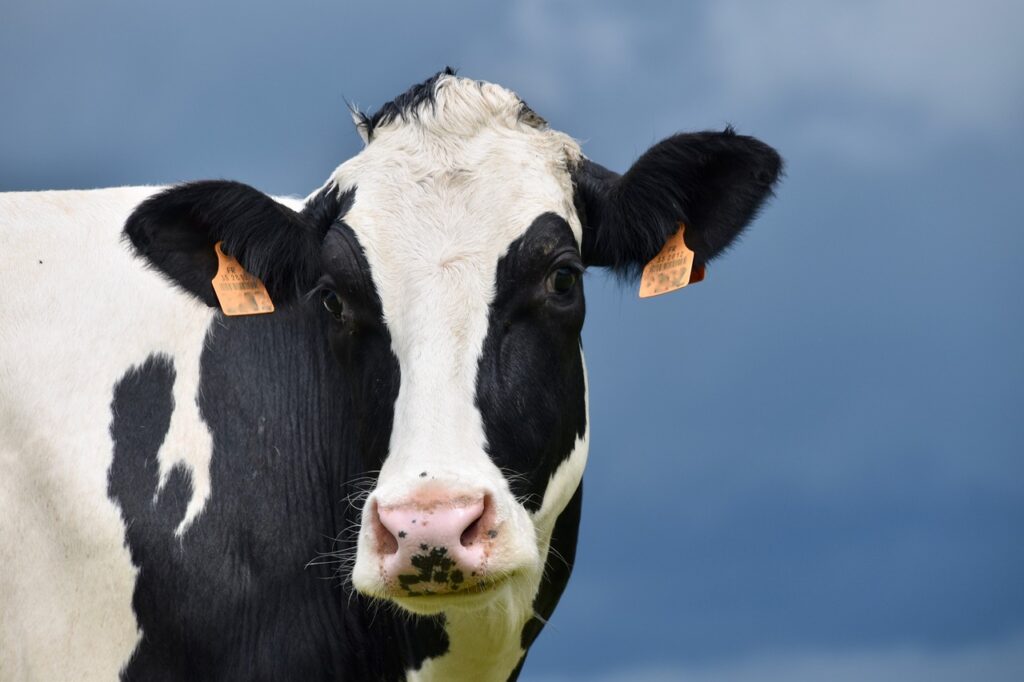Amid the intense heatwave, it’s not only human beings who are suffering — heat is taking a significant toll on livestock. Farmers have reported a two to four per cent decrease in milk production, attributing it to the increased stress among dairy animals. This decline in production could lead to a hike in milk prices, adding to the concerns of both farmers and consumers. To mitigate the effects of heat stress, farmers are resorting to installing fans and coolers in livestock sheds.
Advisory issued
The Animal Husbandry and Dairying Department has implemented essential measures to protect livestock. Following advisories by the Government of India and the state government, all subordinate offices have been instructed to take necessary actions. The Director General, Animal Husbandry Department, Dr LC Ranga, said district-level Deputy Directors had been appointed as nodal officers.
“Taking care of animals is extremely tough in such weather. Our animals are not eating enough and milk production has dropped by two to four per cent. I have ensured the availability of coolers and fans in their enclosure,” said Jatinder Kumar, a farmer.
“We have been facing difficulties as animals, particularly crossbreeds, are stressed due to the heatwave and rising temperature, leading to reduction in milk production,” said Yashbir Singh, another farmer.
Raj Kumar, a dairy farmer, said he’s adding extra water and minerals to cattle feed and has installed coolers in livestock sheds.
Dr Dheer Singh, director of ICAR-National Dairy Research Institute (NDRI), said heat stress in dairy animals occurs when they generate and absorb more heat than they can lose to the environment. Explaining the physiological effects of heat stress on livestock, he said, “They become lethargic and inactive. They often stand with their heads bowed down and show an increase in respiratory rates and body temperature. They sweat more, and these symptoms reduce feed intake, lower milk production, and decrease pregnancy rates in dairy animals.”
To mitigate the effects of heat stress, Dr Singh cited the example of the NDRI cattle yard, which houses nearly 2,000 animals. They remain cool with the aid of foggers, misters, fans, and their body temperature is regularly monitored through thermal scanning. He urged farmers to implement similar measures.
“They must remain hydrated, so fresh and clean water should always be accessible to animals. Proper shading — either natural, as provided by trees, or in sheds — helps maintain the animals’ body temperature. They should be fed more often during the cooler parts of the day, like early morning or late evening,” Dr Singh advised.
- Source: The tribune



